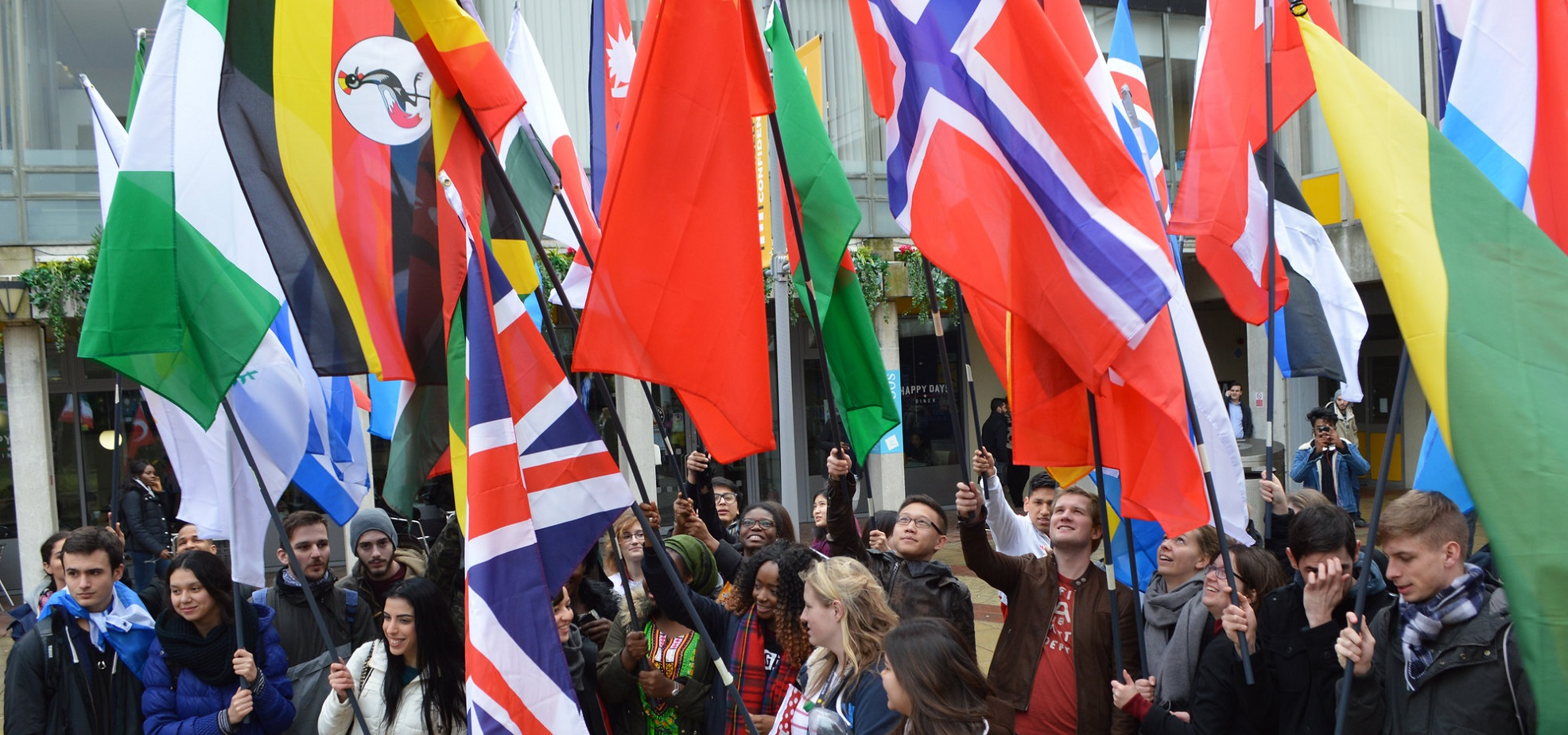
The module consists of ten lecture-plus-seminars/workshops. The lecture component will introduce you to analytical frameworks and concepts; the seminar component will consist of discussion of the theoretical and methodological issues involved and their subsequent application to conversational and interactional data in a variety of contexts.
In our investigation of how institutions are themselves created by the language we use, we focus in the first instance on how adaptations to the conversational turn-taking system give a stretch of institutional talk its distinctive character. We then examine a fundamental feature of institutional talk: its asymmetries of participation, knowhow, knowledge and rights to knowledge which reflect the imbalance of power in such interactions. Across two weeks we look at different aspects of medical interaction, not only in the general practice consultation but also in other healthcare settings. We explore medical interaction from the perspective of both doctor and patient by looking at the various stages of the doctor-patient encounter, and the fundamental issues of accountability and diagnosis. The ways in which so-called ‘delicacy’ is negotiated by professionals in a number of contexts will then be investigated. By examining how identities are constructed in a variety of institutional contexts – therapy, radio phone-ins, calls from schools to the parents of absentee students, and in emergency calls – we see how CA constitutes a major analytic resource for the study of identity. By investigating therapeutic and educational encounters, including psychotherapy, speech therapy, and the classroom, we shall see how CA has been brought to bear on a range of therapeutic and educational contexts. We then examine how CA has been applied in a number of different contexts, for example in working with atypical populations such as those with autism or dementia. Subsequently, an exploration of language and the law we shall be looking not only at actual courtroom data but also how CA can lever open intractable cases through linguistic analysis. Finally we look at the most concise type of institutional talk: calls to the emergency services, which are, when successful, a matter of seconds long. We look at a deviant case to establish how it could have gone so wrong.
Learning outcomesBy the end of this module, you will:
* Be familiar with the theories, concerns and methods of the mainstream conversation analytic tradition as it is applied to institutional talk
* Be able to bring to bear a range of conceptual and analytical tools on the data of naturally-occurring institutional talk
* Be able to transcribe naturally occurring talk to the appropriate level of analytical detail
* Be familiar with the means by which participants construct identities through talk
* Be familiar with the means by which gaze and body movement interact with the production of language
* Be able to undertake your own investigation of an aspect of institutional talk, using appropriate methods for the collection, transcription and analysis of data